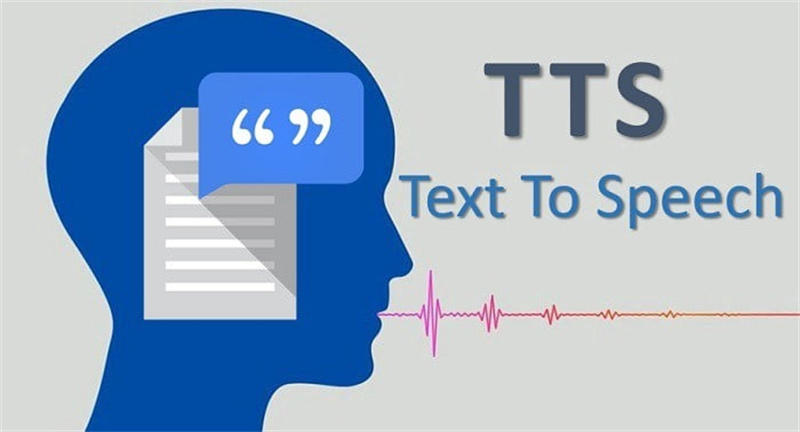Best Text to Speech with AI - Top Picks for Natural Voices
Introduction
Text-to-speech (TTS) technology has come a long way, thanks to artificial intelligence (AI). It now offers natural and lifelike voices that can transform written text into spoken words with remarkable clarity and realism. In this guide, we'll explore some of the best TTS options powered by AI, the advantages and disadvantages of each, and how to select the right one to meet your specific needs.

The Different Text to Speech with AI (TTS) Options Available
- Google Text-to-Speech (Google TTS):
• Pros: Offers high-quality, natural-sounding voices. Integrated with Android devices. Supports multiple languages and accents.
• Cons: Limited customization options.
- Amazon Polly:
• Pros: Provides lifelike voices and extensive language support. Offers custom lexicons for personalized pronunciation.
• Cons: Pricing can be complex, and costs can add up depending on usage.
- IBM Watson Text to Speech:
• Pros: Offers excellent voice quality with customization options for pitch, speed, and pronunciation. Supports multiple languages.
• Cons: Requires technical integration, and pricing can be on the higher side.
- Microsoft Azure Cognitive Services - Text to Speech:
• Pros: Provides natural-sounding voices and supports many languages. Offers customization options for voice styles.
• Cons: Pricing can vary based on usage.
- iSpeech:
• Pros: Offers customizable voices and supports various languages. Provides SDKs for easy integration into applications.
• Cons: Limited free trial.
How to Choose the Right TTS Option for Your Needs
- Consider Your Use Case: Identify the specific purpose for which you need TTS. Is it for accessibility, content creation, or something else?
- Evaluate Voice Quality: Listen to sample voices from each TTS option to determine which one provides the quality and naturalness you desire.
- Language Support: If you need TTS in multiple languages, ensure your chosen option supports the languages you require.
- Customization: Assess the level of customization you need for voice styles, pronunciation, and other settings.
- Pricing: Consider your budget and the pricing structure of each TTS service. Some may be more cost-effective for your usage patterns than others.
- Integration: Evaluate the ease of integration into your applications or platforms.
- User Reviews: Read user reviews and seek recommendations from others who have used TTS services for similar purposes.
Conclusion
Text to speech with AI has revolutionized the way we interact with content. Each of the mentioned TTS options—Google Text-to-Speech, Amazon Polly, IBM Watson Text to Speech, Microsoft Azure Cognitive Services, and iSpeech—offers unique features and capabilities. Your choice should align with your specific needs, whether it's natural voice quality, language support, customization options, or budget considerations. By carefully evaluating the pros and cons of each option, you can make an informed decision and leverage AI-powered TTS to enhance your applications, accessibility, or content creation.
©Soundoftext - Voiceoftext.RSS